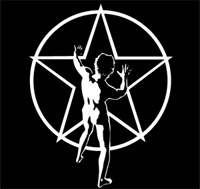Some notable quotes follow:
“Chile is one of the most infamous CIA covert operations, and one where you have an explicit link to the president of the United States ordering that you overthrow a democratically elected government. These documents remind us of the malevolence of US foreign policy in Chile.”
After the meetings in Washington, the CIA provided one of the conspirators with a life-insurance policy and “hush money”, while another received guns, ammunition and $50,000 in cash to carry out the plot, which involved the kidnap of General René Schneider, the then head of the Chilean armed forces, who was considered loyal to the constitution.
The attempt was botched and Gen Schneider died three days later of the gunshot wounds he sustained when his car was ambushed on 22 October 1970.
Transcripts of a telephone call Nixon made to his national security adviser Henry Kissinger the following day are also among the revelations, during which Kissinger confesses that “it’s probably too late” to prevent an Allende government, and dismisses the Chilean armed forces as a “pretty incompetent bunch”.
“Neither one of them showed any remorse that General Schneider was dying,” explained Kornbluh. “What they were pissed off about was that the Chilean military hadn’t carried out the plot that had been scripted.”
The incident went some way toward galvanising public support in favour of Allende, and Chile’s congress duly ratified his presidency in a vote on 24 October.
After Allende’s inauguration, Edwards’s paper, El Mercurio, and the CIA worked continuously to undermine Allende’s government. On 11 September 1973, Augusto Pinochet launched a bloody coup d’etat, in which thousands died – including Allende – and ushered in 17 years of military rule.
Removed by mod


